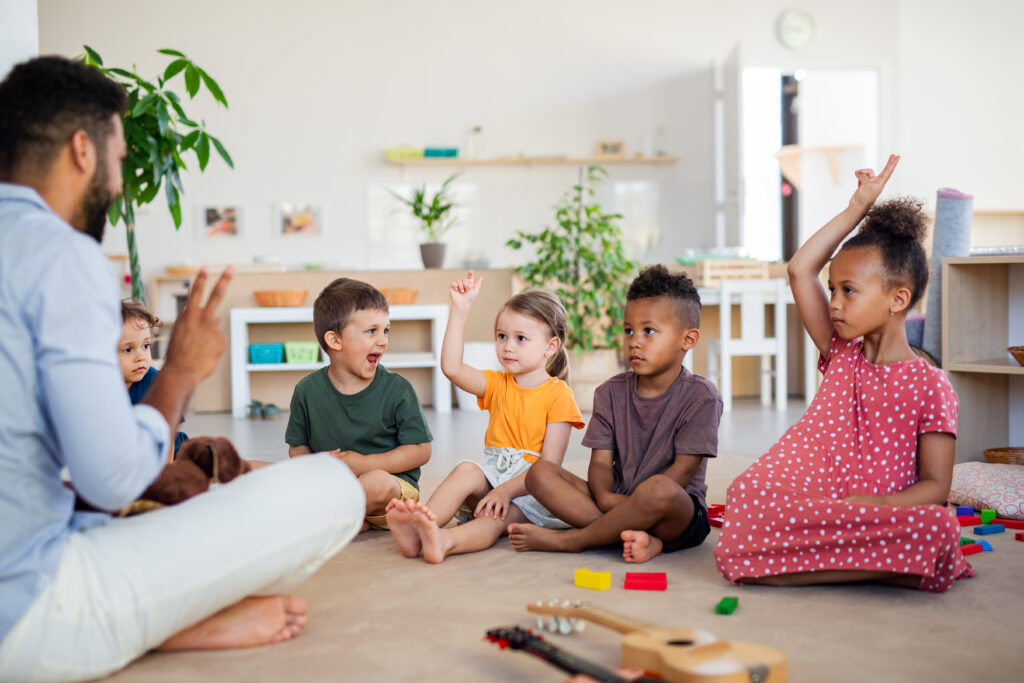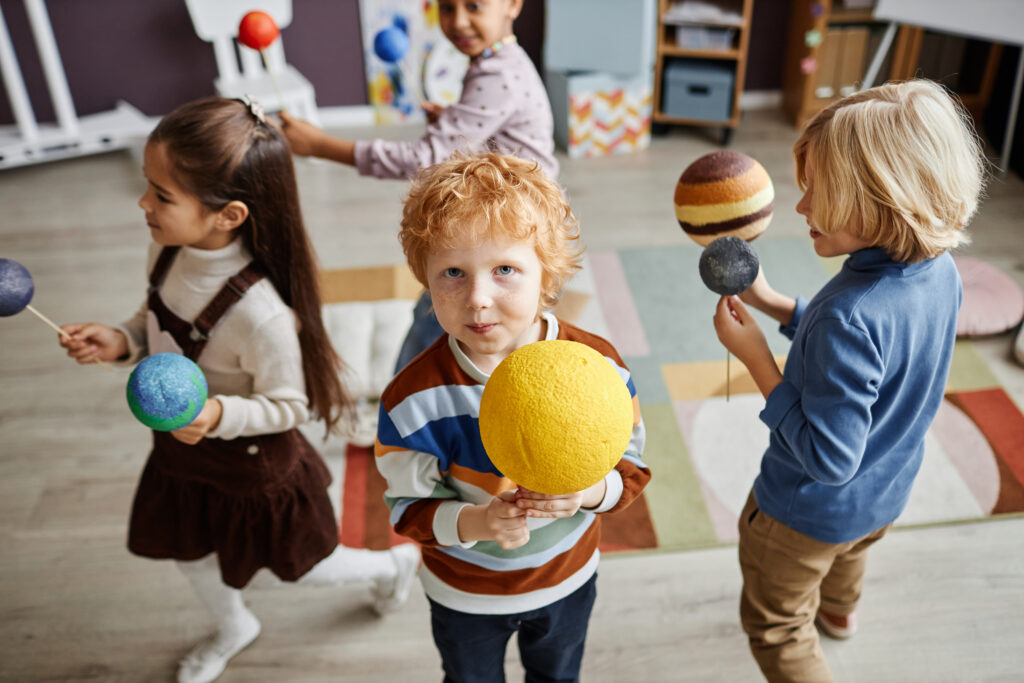
- +61 1300 704 750
- admin@parentinggenie.com.au
- PO Box 706, Townsville, QLD 4810

Growing up revolves mainly around social skills. They enable youngsters to interact well with others, form friends, and communicate. Teaching these abilities to your child may be challenging for parents. Love, patience, and a few basic techniques will help them, nonetheless, to lead to confident and compassionate people. Social Skills Development!
This article will discuss the finest strategies for enabling your child to develop excellent social skills. Not to worry; these are basic, entertaining, and easy-to-use ideas!
Social skills are the tools we use to engage with people. They include stuff like:
These abilities enable youngsters to build relationships, operate in groups, and clearly express themselves. Early development of solid social skills will help your child succeed in life, business, and education.
Social solid skills benefit children:
Children without these abilities could find it challenging to interact with others, which would cause loneliness or annoyance.
Youngsters pick their skills from observation. Kind, patient, and courteous behaviour will inspire others.
Be the person you want them to be since your deeds speak louder than words.
Vital social skills for children are sharing and taking turns. Play allows you to impart these abilities. As such:
If kids have trouble sharing, kindly explain the significance. You might remark, “Everyone has fun when we share.”
Empathy is knowing another’s perspective. To encourage empathy:
Helping your child to grasp emotions will make them more considerate and kind.
Children naturally learn social skills through play, such as cooperation, problem-solving, and communication. Plan playdates with neighbours, cousins, or friends. Visit playgrounds or participate in neighbourhood events where you might encounter new children.
Let your child lead, but direct them if problems develop during play. For instance, if kids fight over a toy, ask them, “How can we solve this problem together?”
Good social contacts depend much on simple manners and beneficial in long term. Teach your youngster to:
Use these manners at home to make things entertaining. You might role-play scenarios like meeting a new acquaintance or acting like ordering food from a restaurant.
Children can act because of a lack of emotional expression. Instruct your youngster to identify their feelings— pleased, sad, angry, or frustrated. It is always a good idea to pay attention to your child
One could say, for instance:
Once they recognise their emotions, show them appropriate means of expression—such as talking, sketching, or inhaling deeply.
Life involves conflict in some kind. Teach your youngster conflict management rather than intervening to fix every issue.
Here is the approach:
Say, for instance, “Let’s set a timer. ” If two children are arguing over a toy, each of you can play with the toy for five minutes.
Great for developing social skills are group events, including sports, music, or art programs. They educate kids to:
Search for activities your child enjoys. Join a neighbourhood soccer team if you want the game. Look for art classes if they like painting. Through gaining valuable skills, these events enable students to make friends.
When your youngster exhibits solid social skills, compliment them. As such:
Sound reinforcement motivates children to keep up these habits.

The development of social skills requires time. It’s okay if your youngster will only get some things perfect the first time. If they find it difficult to share or apologise, remain calm and mentor them softly. Every child learns at their speed, remember?
Celebrate little triumphs like saying “please” without prompting or befriending someone at the park.
Teaching social skills comes with difficulties, as is natural. The following are some typical problems together with fixes:
1.Social Anxiety/Shyness
2.Picky Playmates
3.Misbehaviour
Among the most crucial things a parent can do is teach social skills. Though it’s not always straightforward, if you practice patiently and lovingly, your child will learn how to negotiate the social scene with confidence and compassion.
Recall: Every child is different. Celebrate their development regardless of its minor nature. The work you do now will enable them to develop into capable and sympathetic adults.
Online Parenting Support- Positive Parenting -Parent Child Relationship
Parenting Genie has comprehensive resources for a smoother journey from pregnancy to raising 5-year-olds. Genie Chat and Parenting Live Expert are available 24/7 to provide instant parenting answers.
You can also book a Zoom or Telehealth consultation with a maternal and child health nurse or a certified lactation consultation.
You can also enroll in online parenting courses or online parenting classes for more support. The online courses include newborn care basics, managing tantrums, toddler behaviours and baby sleep or baby sleep training.
Parenting tools like Genie Chat are helpful in guiding you through this phase.
The Raising Children website has more tips and insights on building social skills.